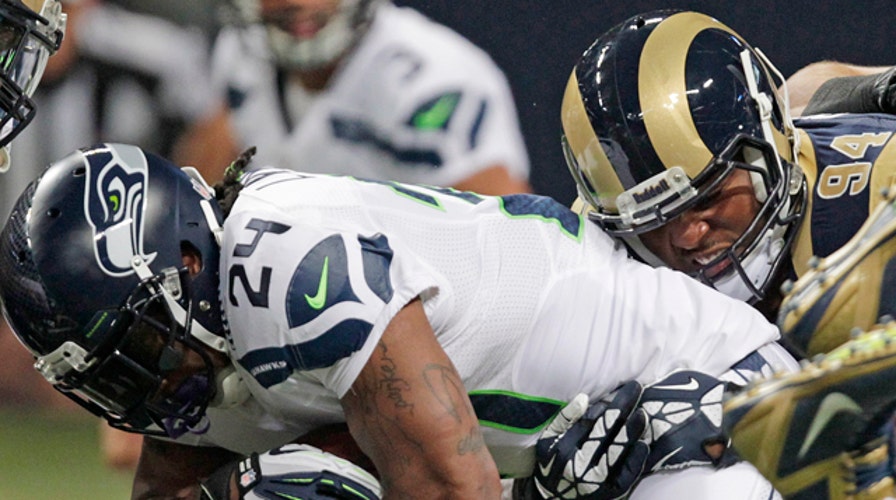Many worried about concussions among younger football players tout the need for special helmets to help protect players’ heads from damaging impacts. But a new study has revealed that this head gear may not actually have any protective effects.
In a new report presented at the American Academy of Pediatrics (AAP) National Conference and Exhibition in Orlando, researchers found that the brand or age of helmets worn by high school players made no difference in their risk of concussion, Counsel and Heal reported.
The researchers also saw no reduction in concussion risk for players using custom mouth guards.
The study’s findings stand in contrast to the claims of many helmet and mouth guard manufacturers, who claim their football gear will reduce the force of impact from tackles and reduce a player’s overall risk for concussion.
"Despite what manufacturers might claim, newer and more expensive equipment may not reduce concussion risk,” lead co-investigator Dr. Margaret Alison Brooks said in a news release. “So is it worth the significant extra cost to families and schools?"
For their study, Brooks and her colleagues followed 1,332 adolescent football players at 36 high schools throughout the course of the 2012 football season. Overall, 115 players (8.5 percent) suffered a sports-related injury during the season. According to Counsel and Heal, the players wore helmets from one of three manufacturers – Riddell, Schutt or Xenith. The findings revealed no difference in concussion rates based on the type of helmet worn or the year it was made.
In an interesting twist, players wearing custom-fitted mouth guards actually suffered higher rates of concussions compared to players who did not wear mouth guards.
According to Brooks, the study’s results emphasize why people should not rely on specialized helmets or gear to prevent sports-related concussions.
"Because the brain is floating freely inside the skull, I think most experts doubt whether it is possible to ever develop a helmet design that can prevent concussion,” Brooks wrote.

